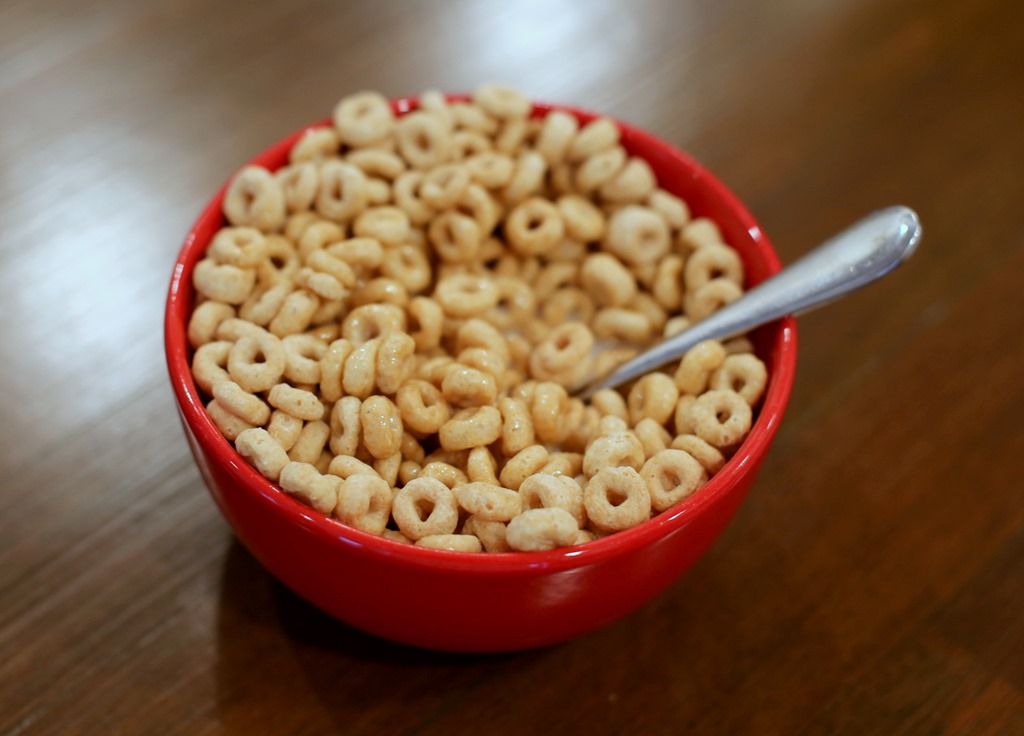


But the principal ingredient of both regular and Honey Nut Cheerios is oats, a plant that is not genetically modified. The crops most likely to be genetically modified include alfalfa, canola, corn, soy and sugar beets. There is also concern that changing a plant's genetic codes could make them unsafe for consumption in the long-term opponents say GMOs might increase the risk of allergies, digestive issues and organ damage. Their widespread use is causing a decline in crop diversity, leaving our food supply more vulnerable to disaster, she and others argue.įurthermore, strains engineered to withstand pesticides can lead to more liberal use of such chemicals, potentially causing environmental damage, they say. They are worrisome for several reasons, said McCann.
Honey nut cheerio code#
Genetically modified foods are plants whose genetic code has been engineered to select for certain traits: yield, pesticide resistance, color. The company did not acknowledge the effect of any of the anti-GMO campaigns, but rather explained on a company blog that it made the change because "we think consumers may embrace it". In January, General Mills announced that it no longer uses GMOs in classic Cheerios. This effort is a follow-up to a previous GMO Inside campaign that targeted the original Cheerios, an initiative the group says generated 25,000 emails and 40,000 calls for action on the brand's Facebook page. The GMO Inside campaign also owns two shares of General Mills stock, which has allowed spokespeople to attend shareholders meetings and raise questions about the use of genetically engineered ingredients. "All of our followers are putting pressure on them." "We're not going to give up on Honey Nut Cheerios until we succeed," Nicole McCann, director of food campaigns for Green America, an environmental nonprofit that is part of the campaign, said.


 0 kommentar(er)
0 kommentar(er)
